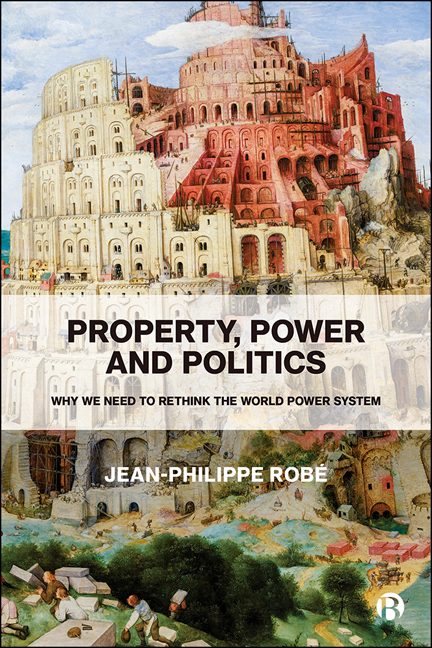1 - The Meaning of Property
Published online by Cambridge University Press: 12 March 2021
Summary
In this chapter, property is presented in a constitutional perspective. Property in the modern, present sense, certainly never existed in any ‘state of nature’, whatever this expression means. Modern property can only exist in an orderly and relatively sophisticated society and is part of what I call the Power System. It is a prerogative which is protected both by the State (shielding the owner from theft, trespass and other abuses of property) and against the State (the State being effectively prohibited from unlawfully appropriating private property). I will show that, contrary to what most economists think, possession plays a secondary role in the notion of property. From an economic standpoint, property, as a prerogative protected by the State apparatus, is a value-enhancing institution. Possession is only of secondary importance and raises issues in the case of agency relationships, i.e. when the possessor of the property is not its owner. Beyond this issue, we will see that property includes a right to exclude. Having a right of decision-making as a matter of principle towards the object of property, the owner is entitled to decide who can make use of his or her property and who can’t. And how. This has considerable contractual and power consequences. It translates into a right to hire those who are going to make use of the property, to organize their activities and to fire them. Because of the institution of property, the economic system operates via two sets of separate institutions: prices, when resources are sold and purchased; and orders, when individuals work for owners. In this perspective, owners are akin to lawmakers in connection with their property. They exercise sovereignty, their prerogatives being rights ‘as a matter of principle’ and not merely ‘bundles of rights’. Laws affecting the use of property are only limited derogations to a prerogative – property – which exists as a matter of principle. Just like the right to personal liberty is not the sum of the right to sleep, to take a walk, to go to the beach and so on in an endless list, the right to property is not the sum of limited prerogatives.
- Type
- Chapter
- Information
- Property, Power and PoliticsWhy We Need to Rethink the World Power System, pp. 53 - 86Publisher: Bristol University PressPrint publication year: 2020



